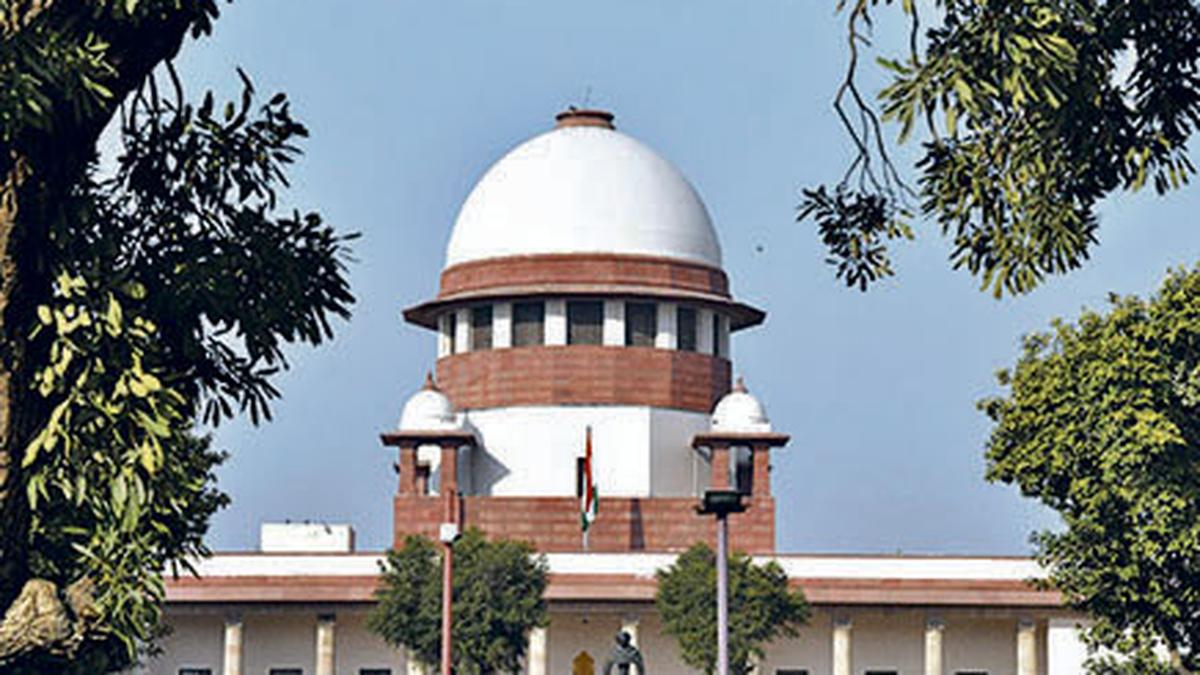Now Reading: SC Extends Vikas Yadav’s Interim Bail in Nitish Katara Case by 4 Weeks
-
01
SC Extends Vikas Yadav’s Interim Bail in Nitish Katara Case by 4 Weeks
SC Extends Vikas Yadav’s Interim Bail in Nitish Katara Case by 4 Weeks

Rapid Summary
- supreme Court Decision: The Supreme Court extended by four weeks the interim bail of Vikas Yadav, serving a 25-year sentence for the 2002 Nitish Katara murder case, to attend to his ailing mother. Vikas yadav was asked to approach the Delhi High Court for seeking remission.
- Interim Bail Conditions: During bail, Yadav is confined to his house in Ghaziabad and prohibited from contacting witnesses in the case. A ₹1 lakh bail bond and surety of an equal amount where required.
- Medical Grounds: His mother’s condition was earlier reviewed by AIIMS doctors who suggested that surgical intervention may be needed if conservative treatments failed.
- Background Details:
– The murder stemmed from caste-related objections over Nitish Katara’s alleged relationship with Bharti Yadav, sister of Vikas.
– Vishal Yadav (Vikas’s cousin) and co-convict Sukhdev Pehalwan were also sentenced for involvement.The Delhi High Court specified a non-remission sentence structure: Vishal received a 30-year term; pehalwan a 25-year term.
- Past Remission Request Rejected: delhi prisons administration had rejected Vikas’s remission plea last year due to unsatisfactory conduct.
Indian Opinion Analysis
The Supreme Court’s decision balances humanitarian concerns with judicial accountability by offering limited relief through interim bail while maintaining strict restrictions during release. This underscores India’s legal system’s emphasis on compassionate measures like medical grounds without compromising justice in heinous crimes such as honor killings rooted in inter-caste prejudices.
Delhi High Court’s earlier stance on imposing specific sentences without remission highlights efforts within judiciary systems toward deterring similar crimes rooted in societal biases. Meanwhile, rejection of past remission requests indicates strict scrutiny on inmate behavior as part of broader prison reforms aimed at ensuring public safety alongside rehabilitation.
As India continues addressing intersectional issues surrounding caste-based violence and honor killings prevalent across regions, cases like this serve as markers both of systemic progress and enduring social challenges-not just legally but culturally too.
Read More: Source





















